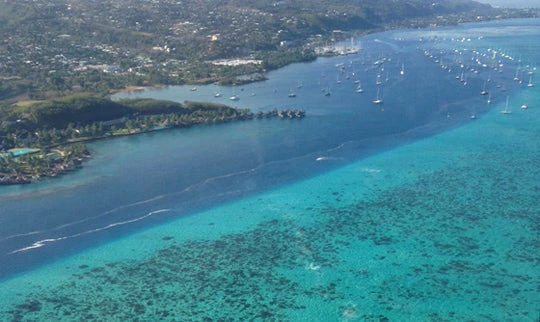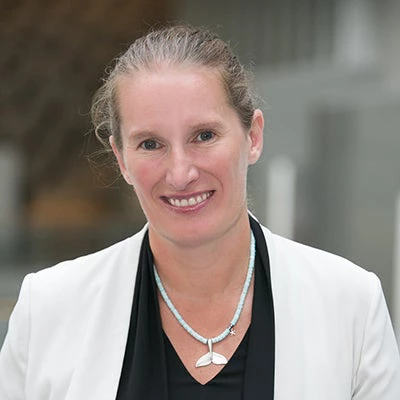Running from event to event to partnership dialogue here in the beautiful island of Upolu, Samoa, while listening to delegates to the 3rd annual Small Island Developing States Conference, two things ring loud and true: Small islands need ocean-based economic growth to diversify their economies, attract investment, grow their GDP, increase jobs, and end pockets of extreme poverty. And strong ocean-based economies need healthy oceans.
Great ocean states know this. They know that they cannot afford the boom and bust cycle that emerges as natural capital is liquidated and the ocean emptied and trashed. But small islands cannot forsake growth in the name of conserving natural resources either. We can fish the oceans empty; but we mustn’t. The future of growth, jobs, resilience all depend on the sustainable management of the resources of the ocean. For small islands, blue growth is critical; done smartly, blue collapse is avoidable.
Great ocean states know this too. They know that restoring ocean health will spur blue growth and crowd-in resources that to date are afraid to invest in ocean-economies when the ocean itself is dangerously ill. And they know that restoring ocean health will underpin growth by tackling overfishing, pollution and the destruction of habitats like coral reefs.
The good news is that solutions exist for all these challenges. We can act to rebuild fish stocks, protect critical natural habitats and reduce pollution levels and CO2 emissions. At the World Bank Group, our portfolio of support to fisheries and ocean habitat conservation now runs to over $1 billion, and we are providing another $5 billion to support pollution reduction and water resource management in coastal areas.
To deliver results at the speed and scale necessary to catalyze inclusive blue growth while confronting indebtedness and external shocks in a warming world, this support must be adapted to fit the context of each country. The how matters as much as the how much. Support must come from a diverse set of sources that mobilizes domestic resources while leveraging the potential of the private sector. No one sector, organization or even country can do what’s needed to restore ocean health. That’s why partnerships are so important, including with the private sector. When coalitions of the working come together to focus on real solutions, the opportunities that emerge are tremendous.
Such is the promise of this Small Island Developing States summit.
Photo: Valerie Hickey/World Bank



Join the Conversation